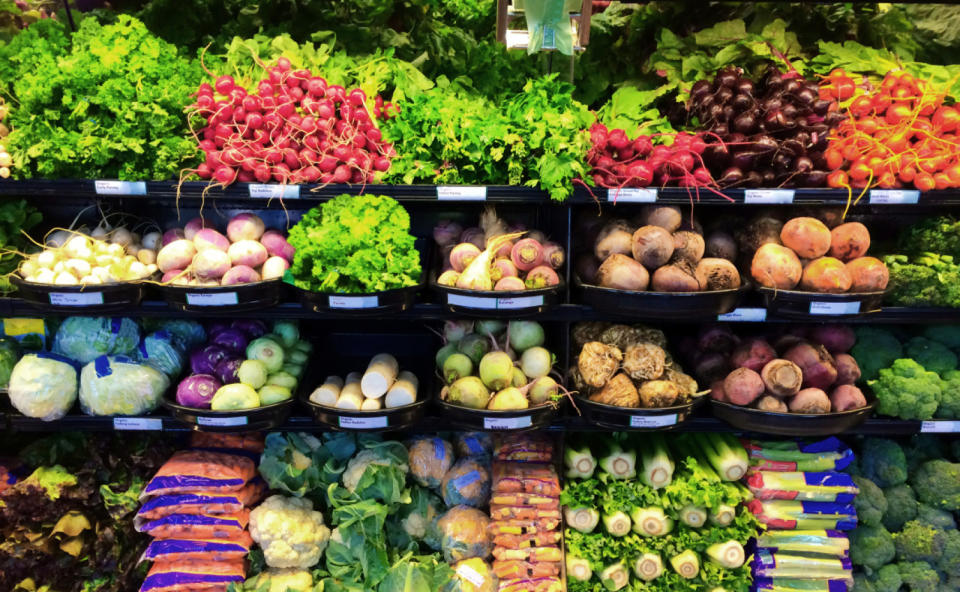The USDA won't regulate genetically edited plants
CRISPR-edited plants are OK, so long as they could be achieved in nature.
The US Department of Agriculture has zero plans to regulate plants altered with gene-editing technologies, according to the agency's Secretary Sonny Perdue. It won't prevent the release of crops created using CRISPR, for instance, so long as the final product is something that could've been developed through traditional breeding techniques and it's not a plant pest or achieved with the help of plant pests. That means giving plants traits like resistance to disease, chemicals or flooding and bigger seeds is A-OK, since those could be achieved at a much slower rate with traditional breeding. However, entirely new plants that aren't possible in nature created using, say, genes from several distant species, aren't acceptable.
As MIT's Technology Review noted, the Obama administration originally wanted to regulate genetically edited plants for safety, but the current admin scrapped those plans. Perdue said that the USDA is hoping to allow and encourage "innovation when there is no risk present" by taking this no-regulation approach. Although there's bound to be pushback against his agency's decision due to increasing concerns about what we ingest, we could see more and more altered plants from universities and companies like Monsanto working on genetically modified crops.
Perdue said in a statement:
"...I want to be clear to consumers that we will not be stepping away from our regulatory responsibilities. While these crops do not require regulatory oversight, we do have an important role to play in protecting plant health by evaluating products developed using modern biotechnology. This is a role USDA has played for more than 30 years, and one I will continue to take very seriously, as we work to modernize our technology-focused regulations.
Plant breeding innovation holds enormous promise for helping protect crops against drought and diseases while increasing nutritional value and eliminating allergen. Using this science, farmers can continue to meet consumer expectations for healthful, affordable food produced in a manner that consumes fewer natural resources. This new innovation will help farmers do what we aspire to do at USDA: do right and feed everyone."


